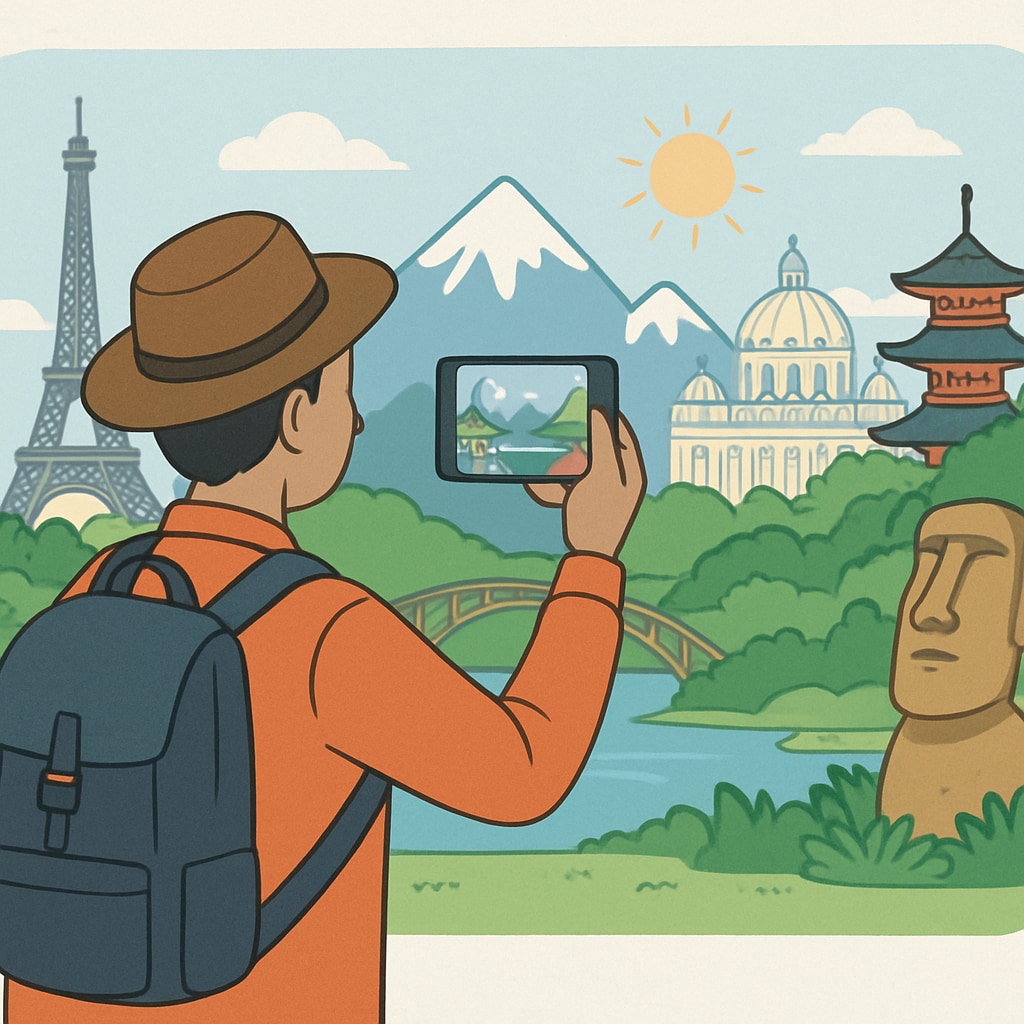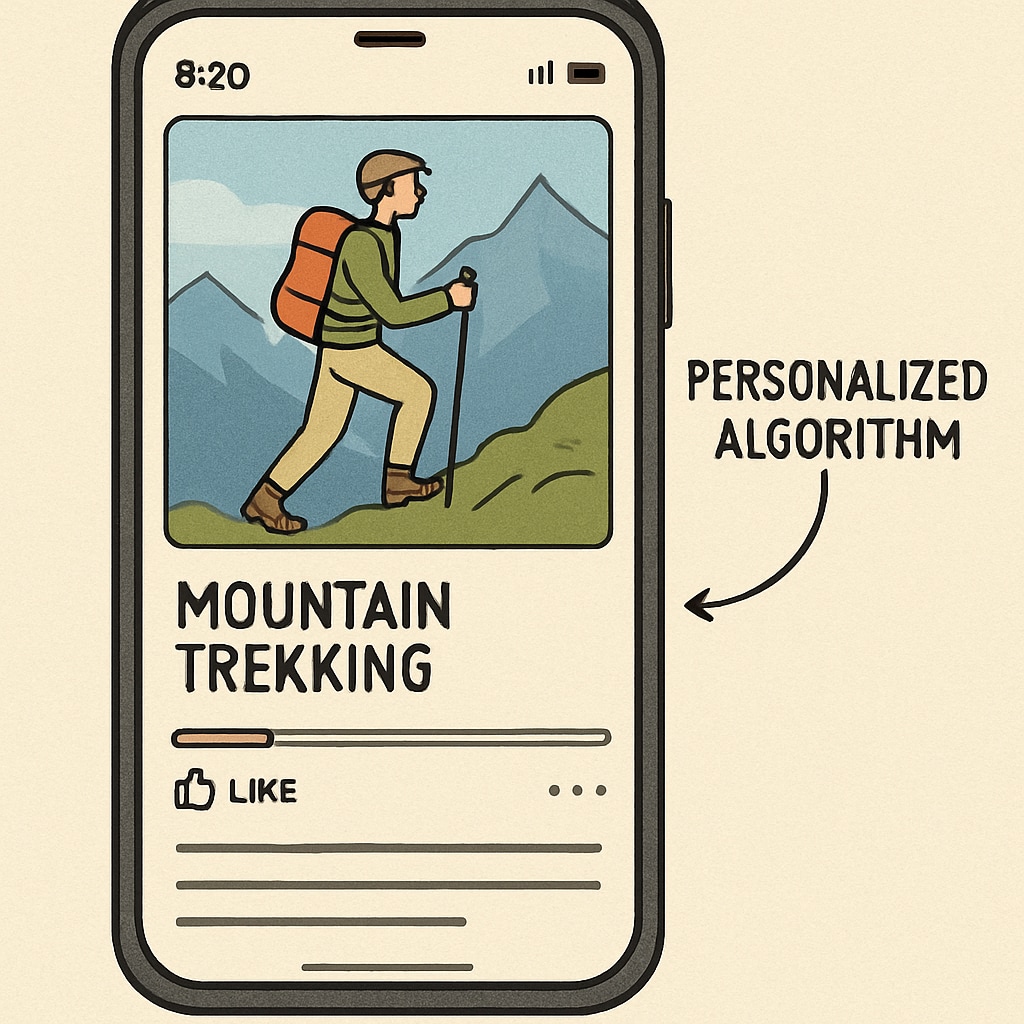Short videos have become a powerful tool in influencing consumer behavior across various industries, including tourism. This article examines how these bite-sized videos are reshaping travel decisions and preferences, a topic that lies at the heart of an ongoing master’s thesis research. The study aims to uncover the transformative role of short videos in tourism, and a questionnaire survey is being conducted to gather insights. If you’re interested in understanding or contributing to this field, your participation is highly encouraged.
How Short Videos Are Revolutionizing Tourism Decisions
Short videos, often lasting less than a minute, have redefined how travelers discover, plan, and choose destinations. Platforms like TikTok, Instagram Reels, and YouTube Shorts make it easy to share visually engaging content that captures the essence of destinations. Unlike traditional travel guides, these videos provide an immersive experience, allowing viewers to virtually explore locations before making decisions.
For example, a short video showcasing the serene beaches of Bali or the bustling streets of Tokyo can evoke an emotional response within seconds. Travelers are not just seeing the destination; they are experiencing it through dynamic visuals and authentic storytelling. This immediacy and relatability significantly influence their preferences and decisions.

The Role of Personalization and Authenticity
One of the key strengths of short videos in tourism is their ability to offer personalized and authentic content. Unlike traditional advertising, which often feels impersonal, short videos frequently feature real travelers sharing their genuine experiences. This authenticity builds trust and helps potential tourists make informed decisions.
Moreover, the algorithms of short video platforms are designed to curate content tailored to individual preferences. For instance, if a user frequently watches videos about mountain trekking, they are more likely to encounter videos related to hiking destinations. This level of personalization enhances user engagement and increases the likelihood of converting viewers into travelers.

How You Can Contribute to the Research
This ongoing master’s thesis study aims to delve deeper into the impact of short videos on tourism decisions. The research seeks to analyze how these videos influence travel preferences, planning, and overall destination selection. A questionnaire survey is a key component of this study, and your participation can provide valuable insights into this growing trend.
By participating, you will help in identifying patterns and preferences, contributing to a better understanding of this phenomenon. The findings could also guide tourism boards and marketers in creating more effective short video strategies to attract travelers.
Interested in participating? Click here to fill out the survey. Your input is crucial in exploring the future of tourism through the lens of short videos.
Strategies for Tourism Stakeholders
As short videos continue to gain traction, tourism boards and businesses must adapt their marketing strategies. Here are some actionable recommendations:
- Create visually engaging content: Focus on high-quality visuals that highlight the unique aspects of a destination.
- Leverage influencer partnerships: Collaborate with influencers who align with your target audience to amplify your reach.
- Optimize for algorithms: Use trending hashtags, sounds, and formats to increase visibility on platforms like TikTok and Instagram.
- Encourage user-generated content: Motivate travelers to share their experiences, creating a ripple effect of organic promotion.
By implementing these strategies, stakeholders can harness the power of short videos to attract and inspire travelers in innovative ways.
Conclusion: The influence of short videos on tourism decisions is undeniable. As this medium continues to evolve, it presents both opportunities and challenges for the tourism industry. Whether you’re a traveler, a marketer, or a researcher, understanding this trend is essential. Don’t miss the chance to contribute to this master’s thesis research by participating in the survey—your insights could shape the future of travel marketing.


